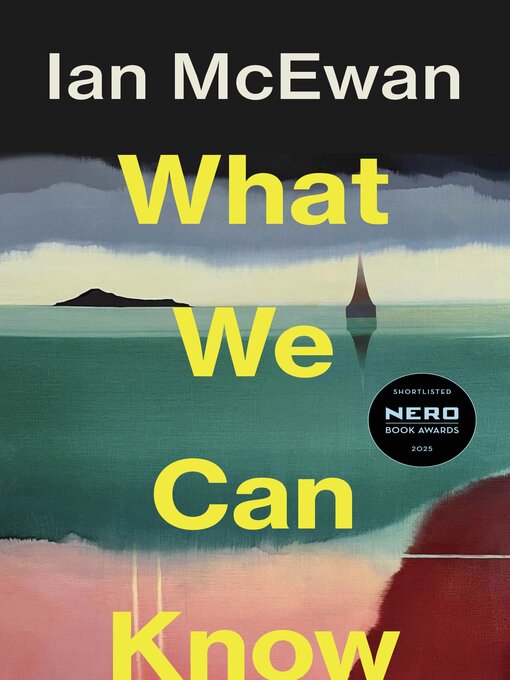Eivind (like the Terrible) replied to Einar's status
@ejnro den kan nok bli litt utfordrende som lydbok, ja, men gir det en sjanse. Henger okay med så langt :)
I like big books and I cannot lie
This link opens in a pop-up window
19% complete! Eivind (like the Terrible) has read 19 of 100 books.
@ejnro den kan nok bli litt utfordrende som lydbok, ja, men gir det en sjanse. Henger okay med så langt :)

In the ruthless arena of King Henry VIII's court, only one man dares to gamble his life to win the …

Marina vender tilbake til Kiruna etter ett år sørpå. Hun kjenner dragningen fra sine røtter, og klarer ikke å motstå …

Året er 1940. Nazistene invaderer Norge. Gunvor Hofmo, nitten år, får jobb i Arbeidstjenesten på Feiring gård ved Mjøsa. Der …
"Åh, mr Reid" viskade hon. "Vad har det blivit av er? Vad har det blivit av er?"
Hans svar kom snabbt. "Jag har blivit just det ni ville, mrs Burnham. Ni ville ju att jag skulle bli en man av vår tid, eller hur? Och det är vad jag blivit: en man som bara vill ha mer och mer och mer, en man som inte vet vad 'tillräckligt' betyder.
— En våg av eld by Amitav Ghosh (Ibistrilogin) (Page 590)

It’s 1914, and World War I is ceaselessly churning through thousands of young men on both sides of the fight. …

Our world is dominated by a handful of tech platforms. They provide great conveniences and entertainment, but also stand as …

A quest, a literary thriller and a love story, What We Can Know spans the past, present and future to …
I sat snugly in my isolation as the din of conversation rose around me.
Maja Lunde møter Asle Toje møter engelskmannen nede på puben (du vei, han som sier ting som "can't even fly the St. George anymore. They say it's racist!). Makan til reaksjonært oppgulp.
Maja Lunde møter Asle Toje møter engelskmannen nede på puben (du vei, han som sier ting som "can't even fly the St. George anymore. They say it's racist!). Makan til reaksjonært oppgulp.
Til sommeren fyller hun atten år. Dette er det hun har:
Mørkeblondt hår.
En ganske fin skulderveske.
Et kallenavn, Lillemor.
En storesøster, Tutta (som egentlig heter Synnøve) og en storebror, Thorolf.
En sliten mor. En far som flyttet ut for et år siden, men som fortsetter å komme hjem på søndagsmiddag.
En skilpadde med en lenke festet i skallet – så den ikke skal forsvinne.
En onkel som er sosialist.
En annen som er kommunist.
Ullundertøy.
Pene tenner.
Arnulf Øverlands siste diktsamling.
En pakke sigaretter gjemt under en løs planke i fellesboden.
Dessuten har hun en rynke i pannen. Den blir hun aldri kvitt. Det er bekymringens stempel. Den ble laget av Franco i Spania og fargelagt av Hitler i Berlin og Wien. Den har kommet med ensomheten som er en så stor del av henne at hun ikke kan forestille seg hvordan hun kan være Gunvor uten.
— Du eneste by Hilde Hagerup
Om fire uker fyller Ruth Maier atten år. Om fire år skal hun dø.
— Du eneste by Hilde Hagerup

Året er 1940. Nazistene invaderer Norge. Gunvor Hofmo, nitten år, får jobb i Arbeidstjenesten på Feiring gård ved Mjøsa. Der …
Ah, selvfølgelig må vi innom de stakkars barna som ikke lenger veit om de er gutter eller jenter eller "noe helt annet" p.g.a. "transbevegelsen" skoleverkets "radikale kjønnsideologi".
Ah, selvfølgelig må vi innom de stakkars barna som ikke lenger veit om de er gutter eller jenter eller "noe helt annet" p.g.a. "transbevegelsen" skoleverkets "radikale kjønnsideologi".